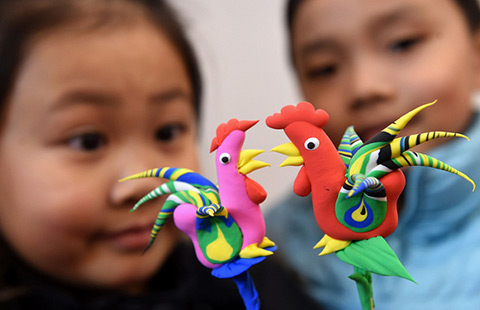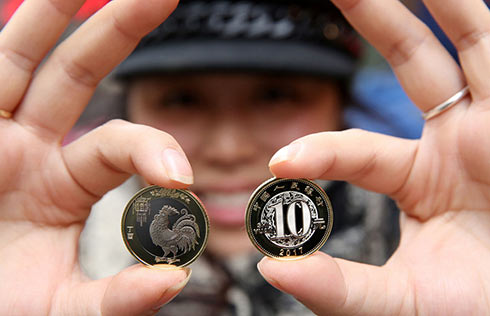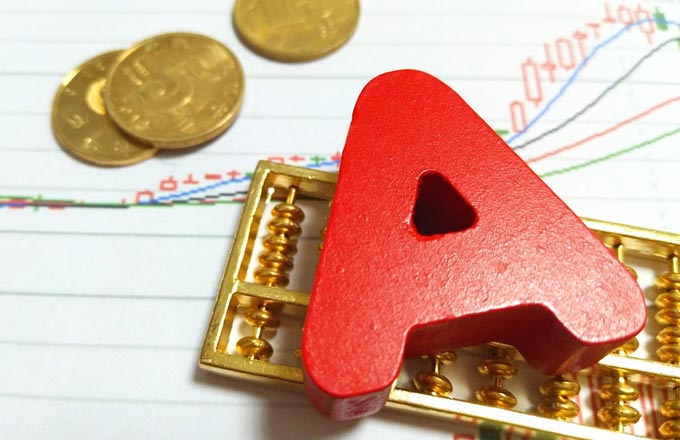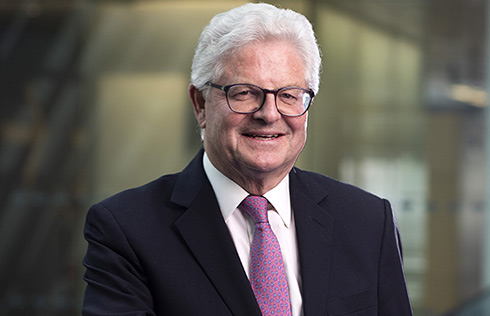Australia trade set to get boost with tariff cuts
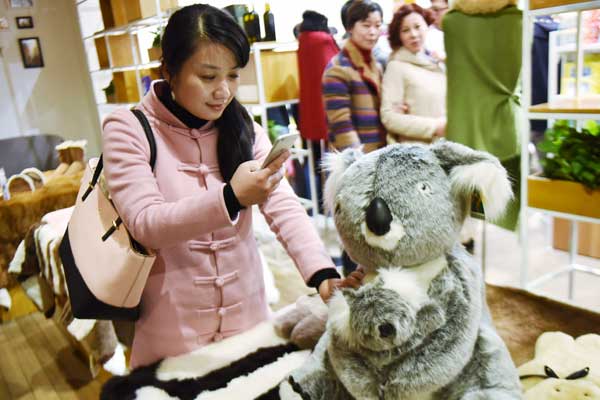 |
|
A woman chooses toys from Australia in Hangzhou, Zhejiang province. [Photo by Long Wei/For China Daily] |
Up to 98.5 percent of Chinese products exported to Australia will enjoy zero tariffs, after the two countries implemented the third round of tariff cuts on Jan 1 under a bilateral free trade agreement, the Ministry of Commerce said on Thursday.
Ministry spokesman Sun Jiwen said China's automobile parts, home appliances, steel and garment products and Australia's agricultural and dairy products such as mutton, beef, fruit, wine and cheese would be major beneficiaries of the deal.
"Even though the free trade deal only came into force in December 2015, it has had positive effect on bilateral trade," Sun said.
Sun added that the use of preferential tariffs would be an effective example to show to other trading partners, especially in the current global business environment.
The volume of bilateral trade amounted to 637.34 billion yuan ($93 billion) between January and November in 2016, down 1 percent on a year-on-year basis, data from the General Administration of Customs showed.
Hu Yingzhi, deputy negotiation commissioner at the ministry, said the FTA would help speed up negotiations on other FTAs, including China-Israel FTA and the Regional Comprehensive Economic Partnership this year.
Under the FTA, Australia will eventually reduce tariffs to zero on all goods from China, and China will remove tariffs on the vast majority of Australian goods.
The Australian government has also established a new mechanism to encourage Chinese companies to invest in the country. Investments from China below A$1.07 billion ($781 million) do not need to be examined by Australia's Foreign Investment Board.
"The China-Australia FTA came at a critical time when many economies took measures such as trade investigations on specific Chinese products or moving factories to Vietnam to compete with China," said He Jingtong, a professor of trade policy at Nankai University in Tianjin.
Contact the writers through zhongnan@chinadaily.com.cn
- China makes adjustments on tariff items
- New tariff policy for cross-border e-commerce likely to be postponed
- Increasing rewards of China-Australia FTA offer bright spot amid global uncertainty
- Aussie state premier says China-Australia FTA example of benefits of globalization
- President Xi says China-Australia ties depend on mutual trust






